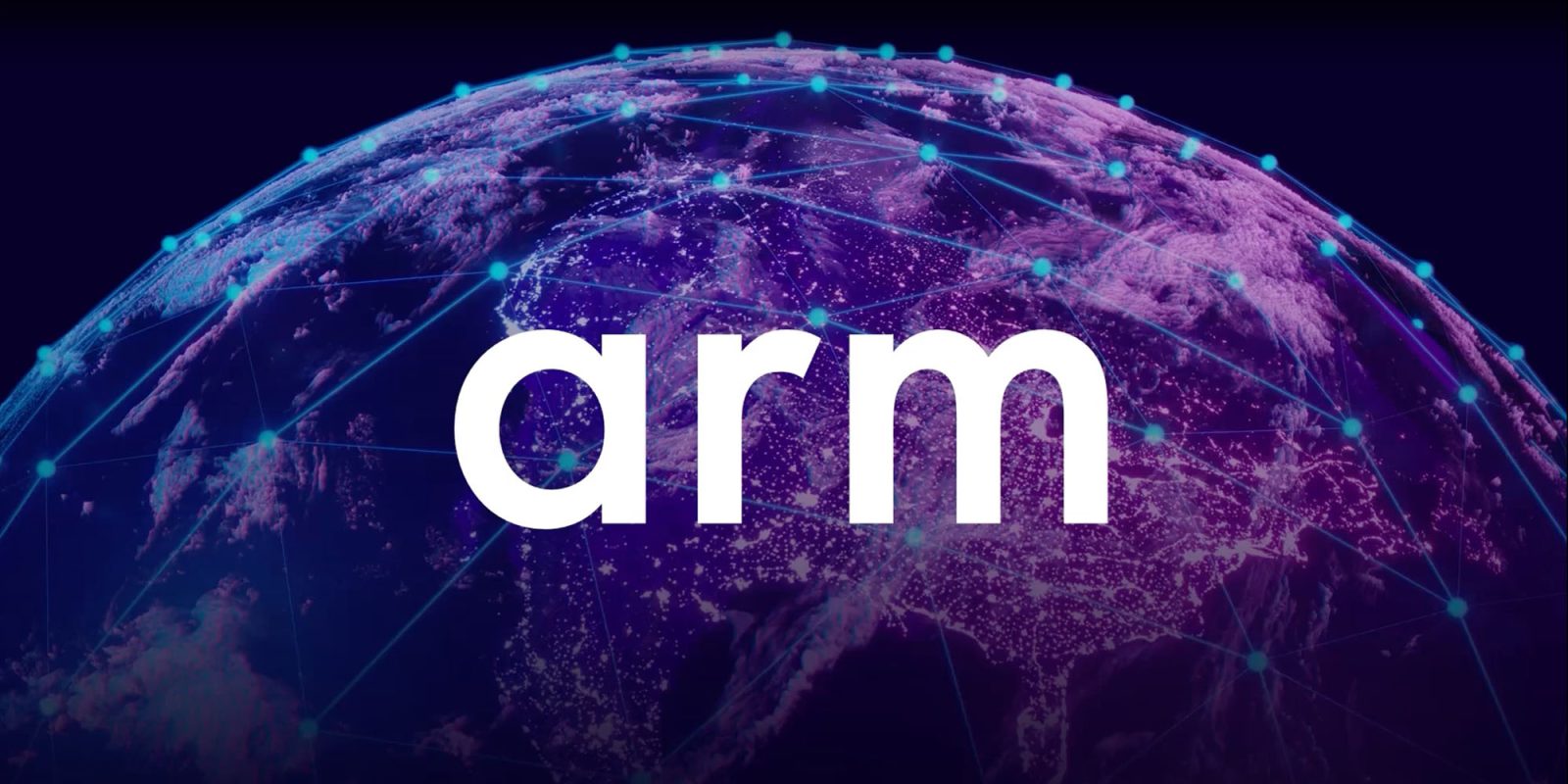
Apple Silicon chips have transformed attitudes toward ARM architecture, from being suitable mostly for power-efficient mobile devices to also capable of powering desktop processors which Intel behind.
ARM CEO Rene Haas has now weighed-in on the DeepSeek controversy in a new interview, expressing his skepticism about one of of the key claims and voicing his expectation that China’s AI chatbot will be banned in the US …
Why DeepSeek caused US tech stocks to fall
DeepSeek caused shockwaves in AI circles when the company posted benchmarks indicating that its performance was comparable to the world’s best existing models. Experts quickly verified the claims, with concerns raised that China was seemingly able to achieve this at a fraction of the development cost of US models.
That created the possibility that US AI companies could be significantly over-valued, and soon face a lot more competition. It was this fear which saw the stock prices of tech giants fall – with Apple a notable exception.
Haas is skeptical about DeepSeek’s claims
Key to concerns was China’s claim to have developed its model with a fraction of the computing power of US models like ChatGPT, claiming that software optimisation compensated for much cheaper hardware.
But Hass told the Financial Times that he doubts this claim.
He says he does not believe “the rumours” that “they did this on a shoestring budget . . . I think that’s where people just over-indexed on ‘maybe the world’s coming to an end’.”
He argued that if it were true, we’d have seen US AI companies announce that they were cutting their capital expenditure plans to take advantage of this more efficient approach. So far at least, that hasn’t happened.
Expects DeepSeek to be banned in the US
Haas also thinks DeepSeek will be banned in the US, while emphasizing that he doesn’t have any inside knowledge on this, but is simply drawing what he believes to be a logical conclusion.
He does not predict a rosy future for DeepSeek, saying he thinks it will “get shut down”. Washington is “scrambling on what to do with this thing. Think about it . . . if you’re not going to allow a TikTok, why would you allow this?”
We’ve already seen privacy and national security concerns raised, with multiple security flaws found in the iOS app.
AI-powered research could cure cancer
Haas went on to say that the company plans in future to sell its own chips, rather than just selling licenses to use the architecture, and that he believes AI holds the potential to revolutionize medical research.
He mentions using AI on DNA and RNA research […] There is, he says, an “opportunity to cure cancer in our lifetime. It’s pretty real.”
Image: ARM
FTC: We use income earning auto affiliate links. More.




Comments